
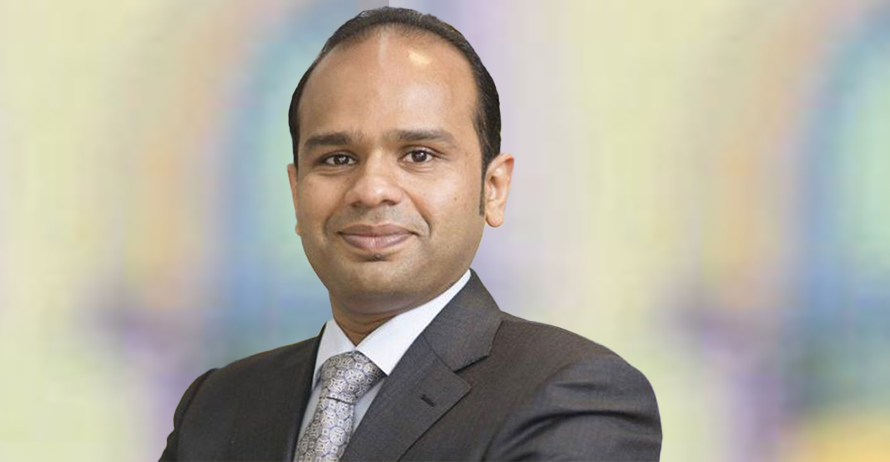
Implementation of mechanisms to boost financial inclusion and financial literacy remain stepping stones towards personal and business well-being and is a pre-requisite to meet several goals under the UN’s Sustainable Development Goals, according to experts at the World Economic Forum 2022 (WEF 2022) in Davos, Switzerland.
Currently, more than half the world is yet to gain equitable access to finance and this remains one of the biggest challenges facing the world today, the state-run news agency Wam reported.
Need to boost access, digitisation, and personalisation
More than 1.1 billion people worldwide are still locked out of formal financial channels due to lack of a verifiable identity.
Adeeb Ahamed, the managing director of LuLu Financial Holdings, responded to this concern calling for improved access to connect the underprivileged with prudent products.
The UAE’s Wage Protection Scheme – which is a mandatory electronic salary transfer system legal requirement in the UAE for businesses registered under the Ministry of Human Resources and Emiratisation – not only provides financial access, but also enhances digitisation, and improves the traceability of consumer spending.
Ahamed added that this is important to complement awareness about products suited to the needs of the under-served. Ahamed also suggested that while digitisation has its inherent benefits, financial institutions should remember the emotional aspect at the grassroots level.
Accordingly, financial institutions need bring in a personalised touch to their services to ensure last-mile consumers are on-boarded efficiently.
Gelsomina Vigliotti, the vice president of the European Investment Bank – which works with several developing economies on grassroots level projects – further mentioned that access to finance should come with adequate skill training & development so that the money is utilised properly.
Merely gaining financial access doesn’t guarantee growth but having a strong business case to deploy it makes the difference, she added.
Need to boost financial literacy
Addressing the need for better financial inclusion, Queen Máxima of the Netherlands opened a session at WEF 2022 saying that public and private stakeholders have to fully understand the purpose of financial inclusion and evaluate how it can result in better financial health of an individual.
Research studies have shown a significant correlation between financial inclusion and financial education. In fact, developing countries today report a financial literacy level of as low as 30 percent compared to the average of 60 percent in developed economies.
Karabo Morule, the founder of Capital Art in South Africa, stated that financial literacy is essential to drive better access to finance, adding that it would encourage people – even among the underprivileged and marginal groups – to invest.
Andre Soelistyo of GoTo Indonesia asked for greater public-private involvement to drive down the cost of moving money to zero. According to him, this is necessary to build sustainable solutions that can get people to utilise financial products suited to their well-being.
Addressing concerns around cyber fraud
Central to this point of digitisation, the conversation also touched upon various aspects of cyber fraud, especially with digital newbies having little awareness of the security involved.
Globally, cybercrime is up by 600 percent as more people move online, with 67 percent of financial institutions reporting an increase in cyber-attacks over the past year.
Against this backdrop, François Villeroy de Galhau, the governor of the Bank of France, admitted that while this is a concern, there should not be a trade-off between digitisation and regulation in the march towards greater financial inclusion. He expected stakeholders to work together so that both grow in tandem with the demand.
He was also vocal about the need to bring in gamification elements into financial literacy campaigns, suggesting strongly that financial literacy cannot be done in isolation.
Popular NEWS
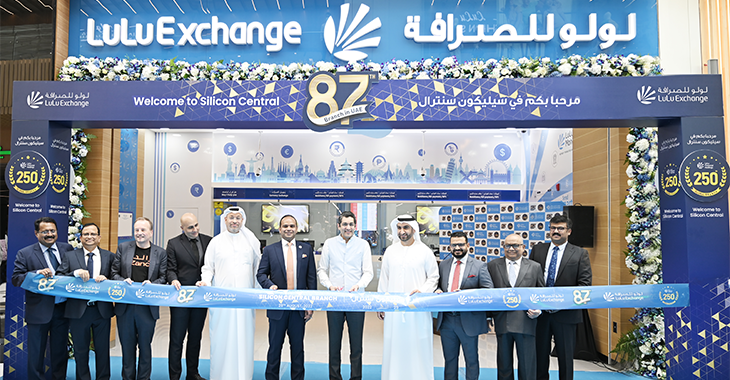
August 30, 2022
LuLu Financial Holdings opens its milestone 250th branch at Dubai Silicon Oasis
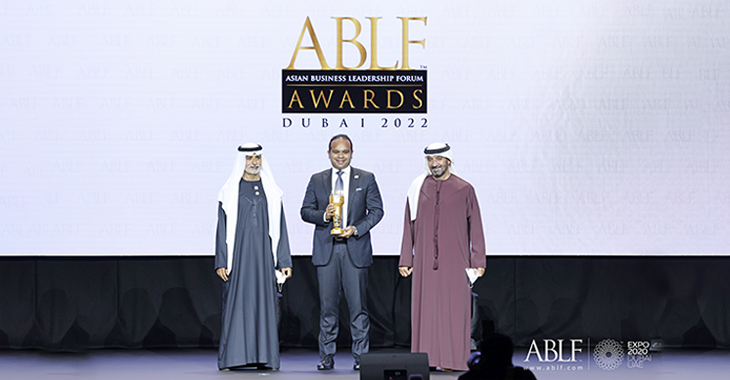
July 1, 2022
20 global Asian leaders felicitated with ABLF Awards 2022
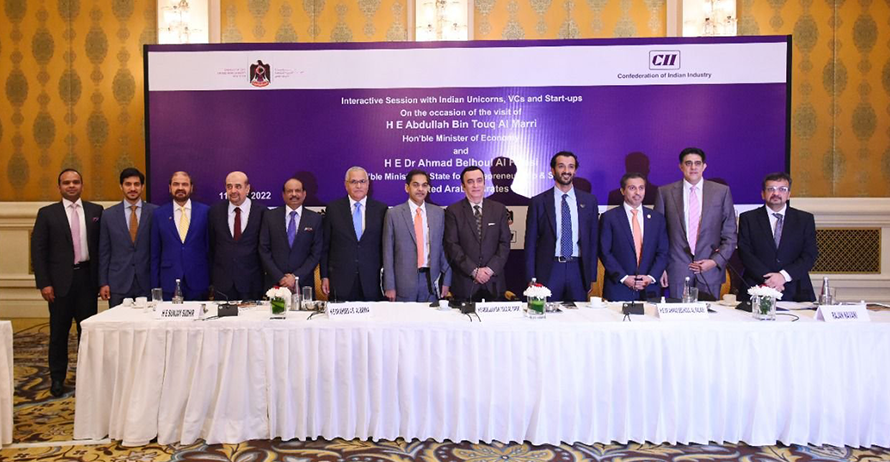
July 1, 2022
UAE delegation familiarises Indian business community with UAE-India CEPA facets
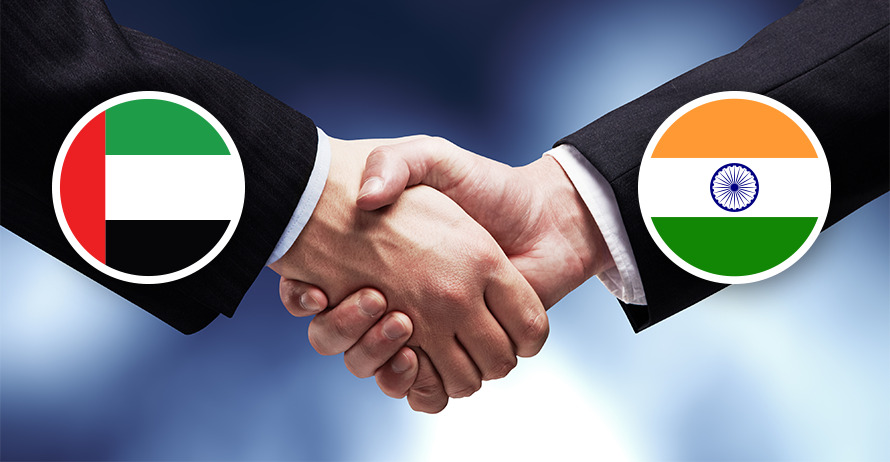
July 1, 2022
India-UAE CEPA to boost remittance corridor; help create interoperable digital solutions: LuLu Financial
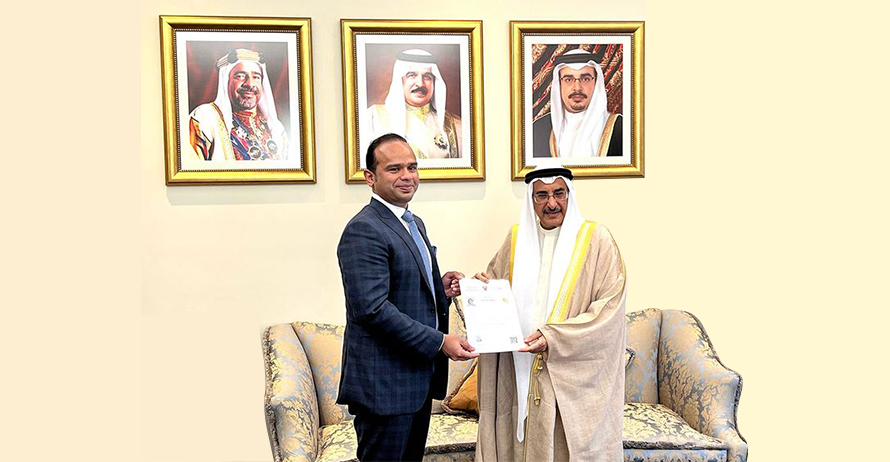
July 1, 2022
LuLu Financial Group Head, Adeeb Ahamed receives Bahraini Golden Visa

July 1, 2022
Business of remittances should not be limited to ensuring funds reach recipients
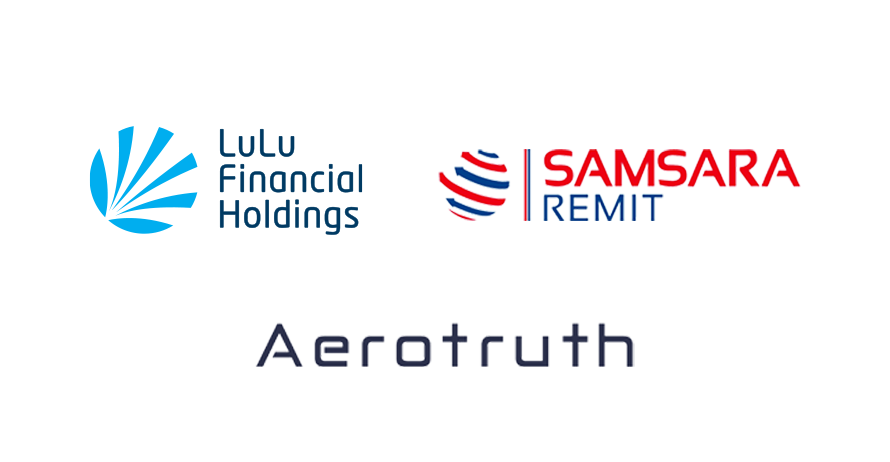
July 1, 2022
LuLu Financial Holdings and Samsara Remit Select Aerotruth for B2B Partner Onboarding

July 1, 2022
UAE’s Wage Protection System, financial literacy boost personal and business wellbeing: experts
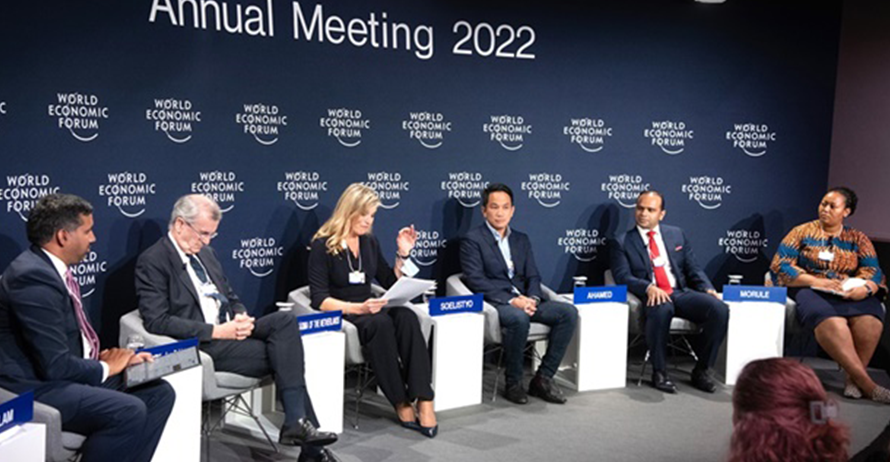
July 1, 2022
Spotlight on financial inclusion at World Economic Forum
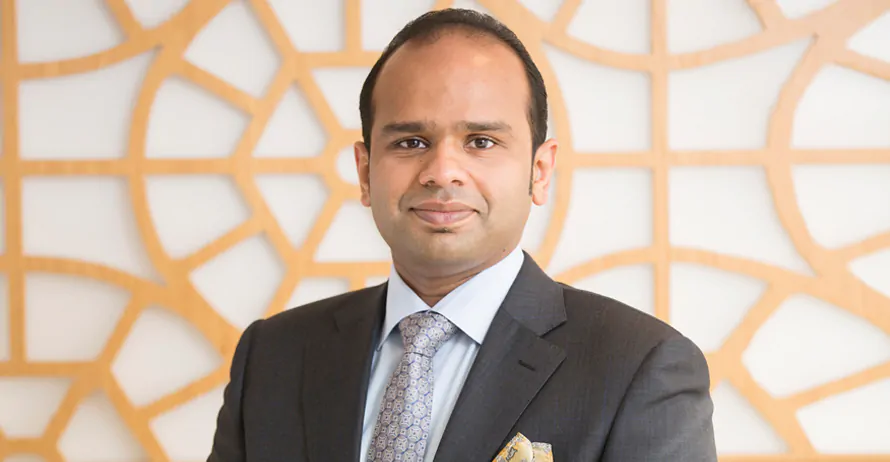
July 1, 2022
Financial inclusion can never be complete without taking in the ‘unidentified’











